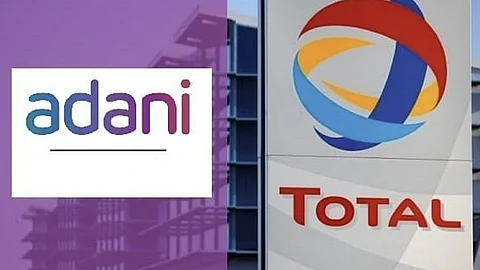

Mumbai: Adani Total Gas expects a significant reduction in gas transmission costs once the Petroleum and Natural Gas Regulatory Board’s (PNGRB) new zonal tariff structure comes into effect. Under the revised regime, CNG and domestic PNG consumers will be charged the lower “Zone 1” tariff regardless of distance — a change that could ease cost pressures for the company.
“Our volume from Zone 2 will shift to the special zone,” CEO Suresh Manglani said during a recent Q1 FY26 earnings call with investors. “Currently, you are aware the zone tariff is around Rs 42. We need to see what tariff comes for a special Zone 1 tariff for CGD [city gas distribution], but we are expecting a moderate increase from the current rate. It will be a very good development for CGD growth,” he said.
Follow Energy Watch on X
At present, about 60 percent of Adani Total’s gas volume falls under Zone 2, which has a tariff of Rs 80 per million British thermal units (MMBtu), nearly double the Zone 1 rate. While the final tariff values are yet to be notified, the management said that the reclassification of priority segments — CNG and domestic PNG — to Zone 1 could meaningfully reduce input costs. “As a publicly listed company, it would not be right to hazard a guess,” Manglani said. “But the difference between Rs 42 and Rs 80 is quite wide, and we are expecting some moderate increase that would still be beneficial overall,” he said.
Adani Total reported a 21 percent year-on-year increase in CNG volumes for the June quarter, with much of the growth coming from new geographical areas (GAs) licensed under the 9th and 10th bidding rounds. Of the total growth, 30 percent came from these new areas, while 12 percent came from more mature regions.
Parag Parikh, Chief Financial Officer, said the newer GAs contributing to this expansion include Kheda, Udaipur, Surendranagar, and Diwan. “Our composition is close to about 65 percent from the existing geographies, while about 35 percent is from the newer geographies,” he said. The company’s management added that 11th round GAs were still in the capital expenditure phase, with some yet to receive national pipeline connectivity.
Follow Energy Watch on LinkedIN
To support this network buildout, Adani Total has set aside a capex of Rs 900–1,000 crore for FY26. Over the next three years, the company expects to invest Rs 3,500–3,700 crore, primarily for infrastructure in the 11th round GAs, including steel pipelines and CNG stations. “We have always preceded the CNG stations over the PNG and domestic connections in terms of capex,” Parikh said. “So, the significant part of this capex will go to core network creation,” he added.
As of June 30, the company operated 650 CNG stations directly, and 1,078 stations through its joint venture with Indian Oil Corporation, Indian Oil Adani Gas Pvt Ltd (IOAGPL).
